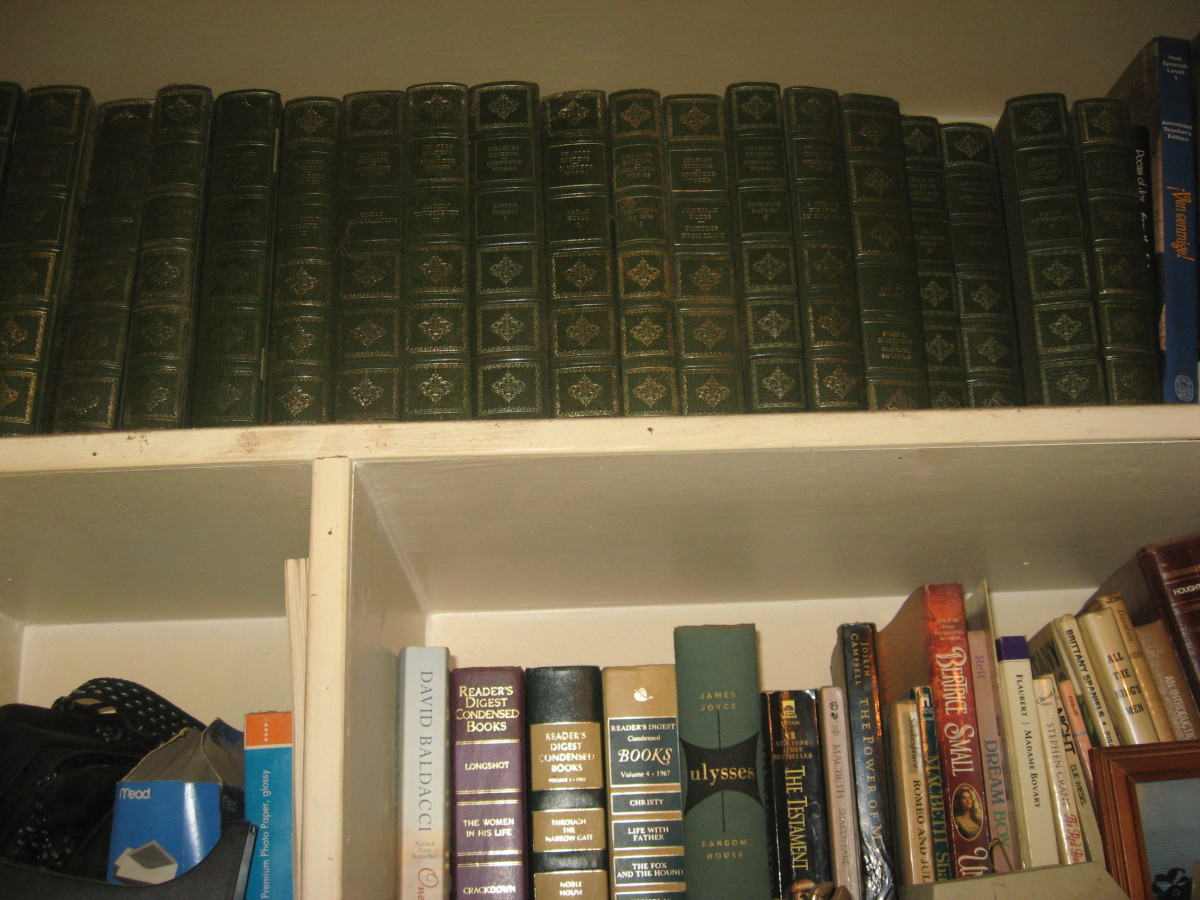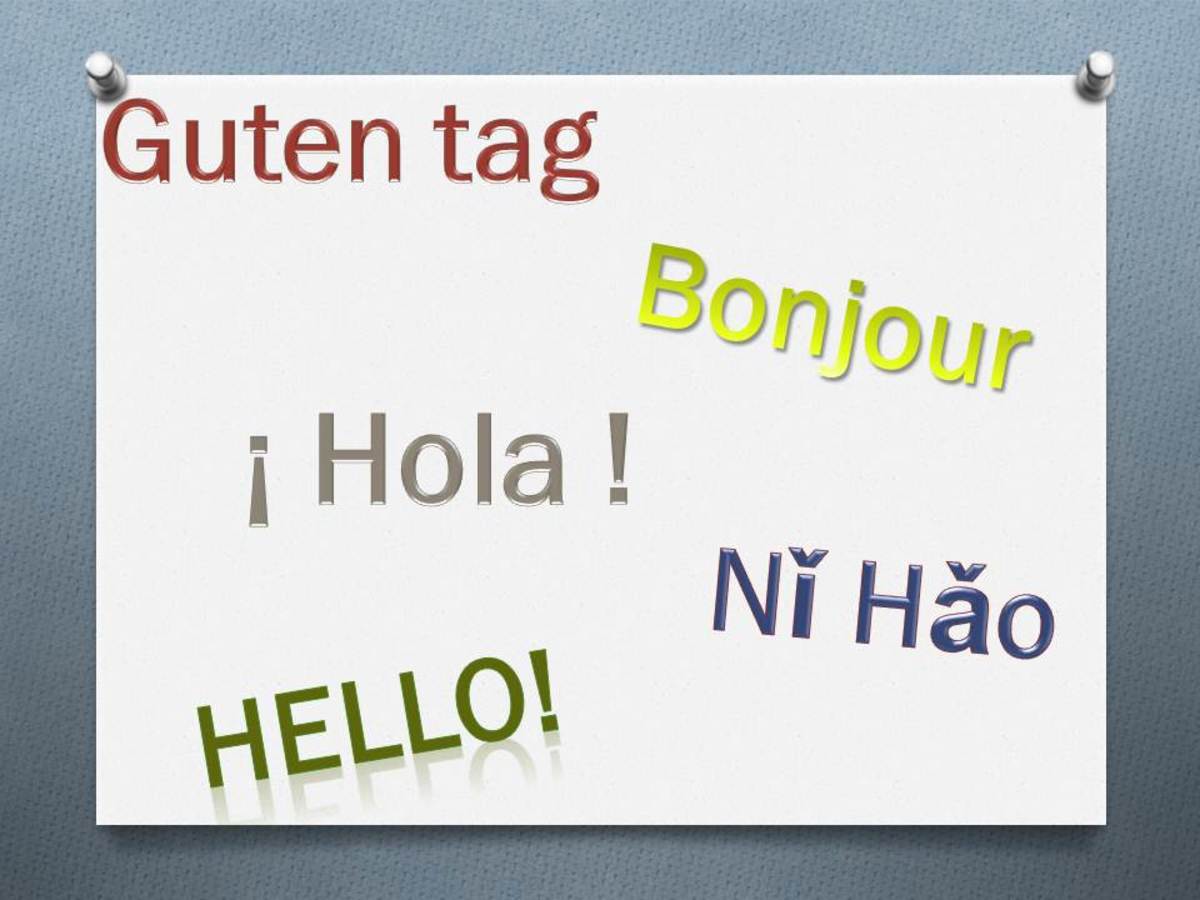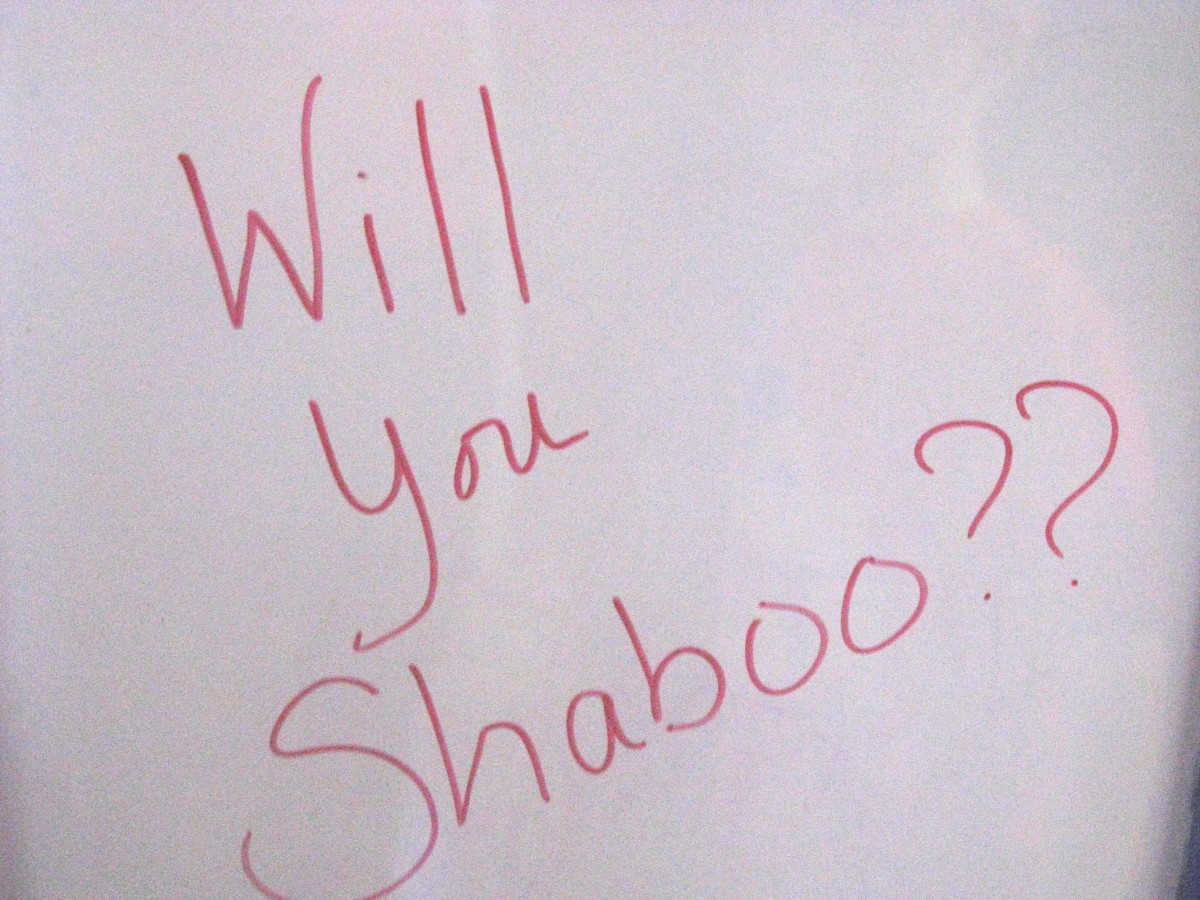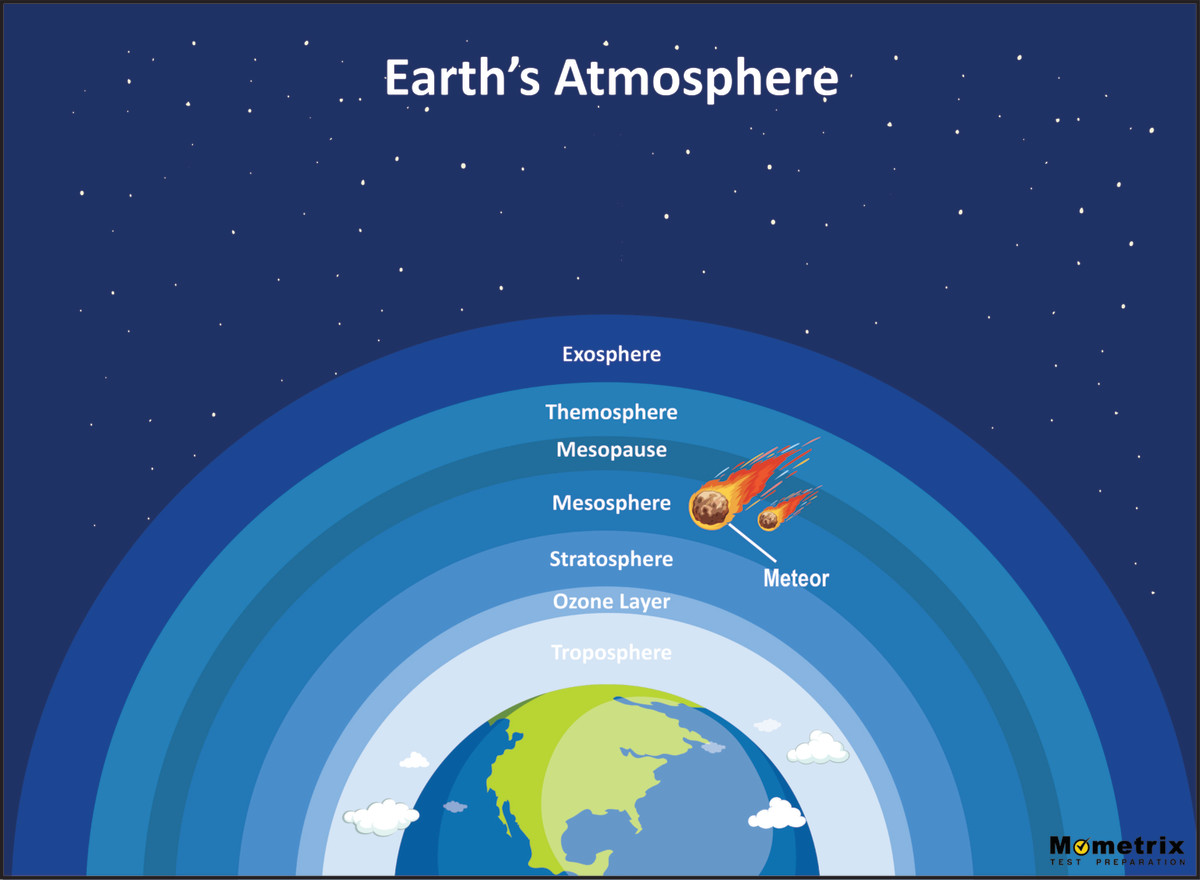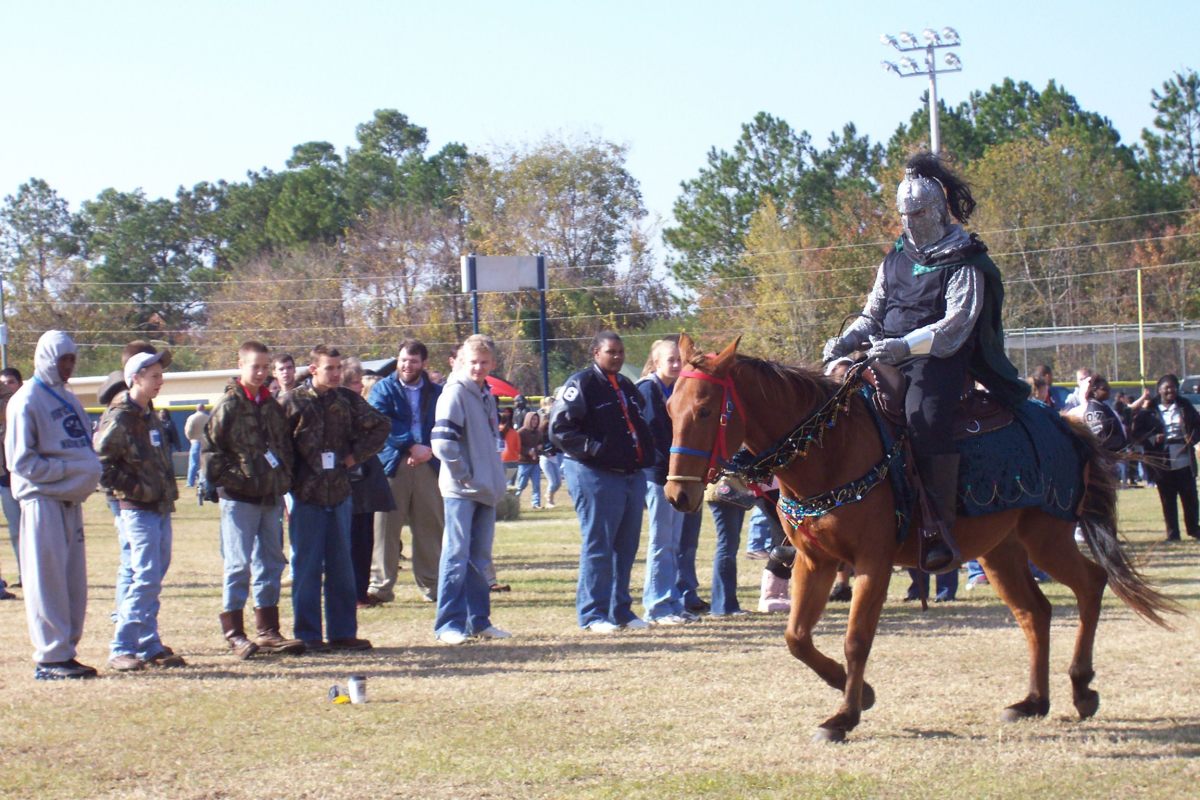Vocabulary Games and Curriculum
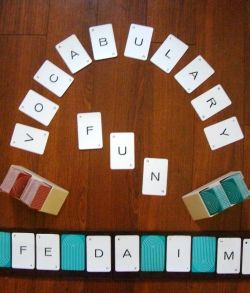
Are You Looking For Ways To Make Learning Vocabulary Be More Fun And Effective?
Having a large vocabulary and developing the skills needed to figure out the meanings of new words are important parts of language development. In fact, improving vocabulary is one of the five components that has been found by the National Reading Panel to be essential in improving the reading of our children. Understanding what words mean is necessary if one is to thoroughly comprehend a piece of text, and isn't understanding what you're reading the whole reason for reading in the first place?!
Developing a large vocabulary isn't just important for reading though. Our vocabularies also affect our writing, speech, and ability to understand what others are saying. Having a rich vocabulary should be an important goal for all students.
Vocabulary can be improved by many different strategies. On this page, I'll discuss some of methods for increasing vocabulary and also mention various types of vocabulary programs, games, and activities.
The game shown in the photo above is Probe. I've included a review of Probe in the Word Games Section below.
What methods of teaching vocabulary are most effective?
I think the answer to that really depends upon the youth himself and what his or her preferred learning style is. Kinesthetic learners learn best from an active, hands-on experiences. Audio learners learn best from lectures and other forms of verbal communication. Visual learners like graphs and other visuals to assist them in their learning. I think it's best to tailor our teaching to the needs, interests, and learning styles of the individual student, when possible. If a particular method doesn't appear to be working for your child, try something new. That's one of the beauties of homeschooling!
Yet research has shown that certain methods of vocabulary instruction are more effective, in general, than others. Read on to find out more about them.
Is direct instruction in vocabulary words better or does a more natural approach work just as well?
The National Reading Panel reviewed extensive research in the field of reading and based on that research made several recommendations of best practices, including that vocabulary should be taught directly. Some youth who read extensively will likely develop a large, rich vocabulary on their own. But whether they are avid readers or not, almost all youth benefit from some direct vocabulary instruction.
Effective Vocabulary Learning Strategies
Vocabulary instruction can be categorized into three styles:
A.) Programs designed to directly teach a variety of specific vocabulary words,
B.) The act of preteaching difficult words prior to having students read a piece of text,
C.) Engaging in various activities which allow vocabulary acquisition to occur indirectly or naturally.
These are very valuable means of increasing a student's vocabulary, and students benefit from being involved with all three styles.
Here are some recommended practices:
- Prior to handing your child a reading selection, read over it yourself. Select a few new vocabulary words you'd like to teach. Pick words that you think your child may have the most trouble with understanding in their reading, words that are crucial to their comprehension of the story, as well as vocabulary words they are likely to encounter in other texts.
- Preteach words to your student by expanding on (or simplifying if necessary) the dictionary definition to make the words easier for your child to understand.
- Offer a few sentences with the new vocabulary word in it. If you'd like, create a sentence or two using the word, but in which the word does not really fit. Can your student tell you which sentences don't use the word correctly?
- Ask your child to create a sentence in which they correctly use the new vocabulary word.
- Teach your child Latin and Greek roots, as well as the meaning of prefixes and suffixes, to aid him or her in figuring out new words.
- Help your child learn how to use the dictionary.
- Give your child assignments which help him or her learn to use context clues in deciphering the meaning of new words. Or play the "Hidden Hints" context clues game listed in the game section of this article.
- Read aloud to your child often, even after he or she is able to read alone. As you read, stop every now and then to discuss the meaning of new words, ask questions about what your child thinks will happen next, ponder over why a character behaved a certain way, etc. Reading aloud to a child offers him the opportunity to be exposed to words that are beyond his current reading ability.
- Find a vocabulary program that your child enjoys doing which is on his or her instructional level and use it.
- Play games with your child using your child's vocabulary words (both current and past words). Repeated exposure to new words helps them stick!
- Play lots of fun word related games together , have conversations with your child, and expose your child to many new and interesting experiences in order to create a language rich and educationally stimulating environment full of opportunities to learn new words.
- If your child enjoys using mnemonics to learn new things, find a vocabulary program that offers mnemonics as a means of remembering new words.
Are you here looking for vocabulary materials?
What age child or children are you looking for vocabulary materials for?
What Are Mnemonics?
Mnemonics are memory devices people use to help them remember information. Mnemonics often use visual imagery, rhyming words, sayings, and other means to help create an association between two or more things you want to remember.
People who learn to play an instrument often learn a mnemonic to help them memorize the order of the notes on the music staff. For example, FACE spells out the names of the notes in the spaces of the treble clef.
I bet you remember the mnemonic device many people use to remember which way to change their clocks twice a year. "Spring forward, _____"? Did the words, "fall back" pop easily into your mind?
If you've ever toured a cave with a guide, you may have been told a mnemonic to help you remember stalagmites from stalactites. Which one is it that hangs tight from overhead?
Pre-algebra and algebra students often learn a mnemonic to help them remember the order of mathematical operations. You can find these and several other mnemonics at: Mnemonic Strategies.
Research suggests that mnemonics do improve people's abilities to remember things! I know they help improve mine and my children's!
English Vocabulary Curriculum
Vocabulary Cartoons:
SAT Word Power by Sam Burchers and Bryan E. Burchers.
Vocabulary Cartoons

Vocabulary cartoons make learning vocabulary words easy and fun!
Vocabulary Cartoons - SAT Word Power
This is my favorite vocabulary curriculum for high schoolers. No more boring worksheets, or hours spent trying to memorize 20 words for tomorrow's vocabulary test! No more spending hours thinking up your own mnemonics to help you remember the words either! That's because each vocabulary word already comes with a mnemonic device (a memory aid) to help you remember it. Each also includes three sentences which use the word in context. The sentences are excellent in helping you further understand the meaning of the words.
Here's What The SAT Vocabulary Cartoons Program Is Like
At the top of each page is the vocabulary word. Under that is the pronunciation. Under that is a short definition. Next comes a link word. The link words are words that usually rhyme with or sound similar to the vocabulary word. I'll give you a couple of examples in a few minutes. Also on the page is a cartoon and a caption to go with it. The cartoon and caption are related to the link word, while also illustrating the meaning of the word. Below the cartoon and caption are three sentences using the word in context.
Examples of the SAT Vocabulary Cartoons Program
Here's an example for the vocabulary word: "Askew." The link word is "Cue." The cartoon is of a pool table and someone holding up a very crooked cue stick. In other words, the cue stick is "askew." Since askew sounds so much like "cue" and since the cartoon is a memorable one, the meaning of askew sticks in one's head! If you hear or read the word "askew," you think "cue," and the cartoon image pops into your head, giving you the meaning of "askew."
Here's another example. Vocabulary word: "Arduous." Link phrase: Hard on us. No cartoon is really even needed for this one, since the creative link phrase, which sounds quite similar to its corresponding vocab word, is pretty much the same as the meaning! Still, like all the others, there is a cartoon to go with it. It's of some dogs doing some arduous work, while talking about how hard it is!
How To Use The Program
There are many ways you could implement this program, either in a classroom setting, a homeschool co-op, or at home. Start by learning a few cartoons and their corresponding words from the book. The key to remembering the definitions is to form an association in your head between the word and the link phrase. This is usually fairly easy for most students, but I'm pointing it out as without paying attention to the link phrase, it's much harder to make the connection between the words and their definitions. The link phrase does exactly what it says it does; It links the word with the definition.
When you've learned a few words and definitions, play some games with them to help cement them into your memory. I've included several ideas in the game section of this article.
I think this vocabulary program is especially helpful for right brained learners, visual learners, and anyone else who finds it difficult or boring to memorize a lot of vocabulary words and definitions by rote. The cartoons are entertaining and easy to remember.
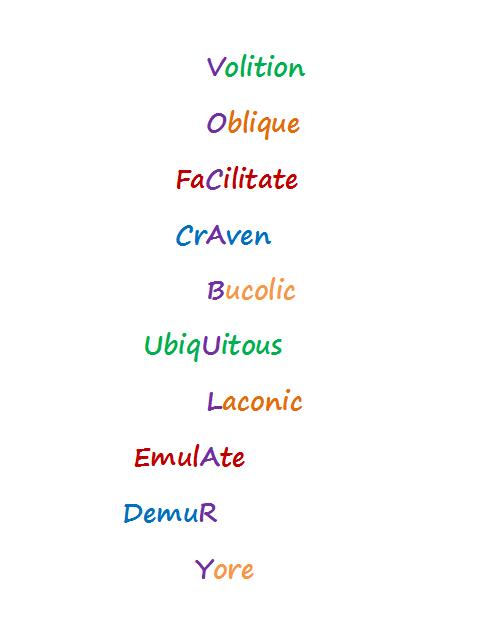
These are some of the words you'll find in Vocabulary Cartoons: SAT Word Power.
Vocabulary Cartoons II: SAT Word Power
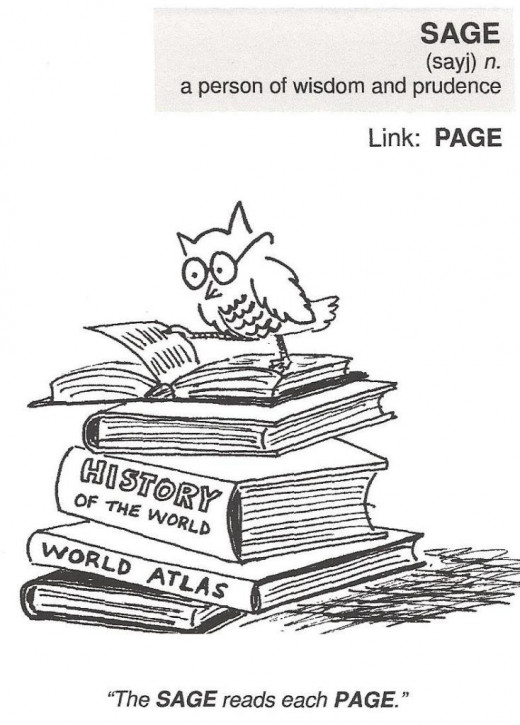
Vocabulary Cartoons II
Vocabulary Cartoons II: SAT Word Power is another book in the same Vocabulary Cartoons series.
If you've gone through all the words in the SAT Word Power Vocabulary Cartoons book, and would like some more, this is the book for you! It's made by the same author and contains 290 more SAT vocabulary words and cartoons. Examples of words include: incessant, diffident, sage, (see cartoon above), ancillary, iconoclast, tenacious, plethora, and paradigm.
Here are several other similar "vocabulary cartoon" products, including one for younger youth.
![Vocabulary Cartoons: Word Power Made Easy [VOCABULARY CARTOONS] [Paperback]](https://m.media-amazon.com/images/I/51IuSoBgWJL._SL160_.jpg)


Wordly Wise 3000
Wordly Wise 3000 is another excellent vocabulary program. It's based on what research has found to be the most effective strategies for learning vocabulary words for the average student.
Here's What Wordly Wise 3000 Is Like
I am not yet familiar with version 3 that is just coming out, but can tell you about version two (which is still available on the market.) My personal experience is with Book 4. Each chapter of book 4 begins with a list of 15 words and their definitions. In the first exercise, students match a word with it's definition. These are actually given in sentence form, so that you are locating the two halves of the sentence that go together. In the next exercise, you read sentences, find the vocabulary word that replaces the words in bold, and then write the vocabulary word. In the third exercise, you are given 4 phrases and much decide which ones could be described by a particular vocabulary word. The fourth exercise is a word study in which you explore certain parts of words (root words, prefixes, or suffixes), find synonyms, decide which part of the word is stressed, or some other activity which gets you to study the words more deeply. In the next exercise, you read a passage which contains the vocabulary words, and then answer questions about what you read. After every few chapters is a crossword puzzle to help you review the words from those chapters.
What I like about Wordly Wise 3000.
The program is based on research and incorporates many of the recommendations for effective vocabulary study. Students can even play online games with the words, such as Memory, Word Search, or Hangman, to help them better remember them.
Wordly Wise 3000 Vocabulary Curriculum
Greek and Latin Roots Curriculum
Learn Greek and Latin roots to help you better dechiper the meanings of unfamilar English words.
Vocabulary From Classical Roots
Here's What Vocabulary From Classical Roots Is Like
Each chapter in "Vocabulary From Classical Roots," by Lee Mountain, focuses on two roots. "Cir" and "cycl" for example. Several key words are given that contain those roots. The activities that go with each chapter are based on the key words.
In the first activity, you guess the meaning of a few of the key words, based on the meaning of their roots. This is a matching activity so the answers are already there, and it's just up to the student to figure out which definition goes with which word.
In the next section there is a more complete definition of each word. Following that, there is an exercise in which you identify the synonyms or antonyms of several of the key words. Next is a story with blank lines in place of several of the words. Your job is to write the correct "key word" from that chapter on the line. In the final exercise for each chapter, students are exposed to another classical root and do a short activity pertaining to that root.
After every three lessons, is an extensive review of the words covered in those three lessons.
What I Like About Vocabulary From Classical Roots
It's interesting to see what the parts of words mean! Learning Greek and Latin roots helps people decipher unfamiliar words they come across on the SAT or in texts they are reading. The extensive review after every three chapters is great for keeping those words fresh in one's mind!
The Well Spoken Thesaurus
Using a Thesaurus When You Write Is Another Wonderful Way To Improve Your Vocabulary
- And it improves your writing too!
This is one of the thesauruses I have. I like that you can look up words or phrases and find other words or phrases that mean about the same. For example, if you look up "A little bit" you'll find, "To some extent."
- A dictionary, thesaurus, and more, at your fingertips
Electronic Merriam-Webster Dictionary & Thesaurus
This electronic dictionary comes with a phonetic spell checker (to help you find words even when you don't know how to spell them!), a thesaurus, a guide to punctuation and style, word games, a translator, biographical and geographical dictionaries and more! The dictionary comes in handy while you're reading, as you can very quickly look up unknown words. The thesaurus, spell checker and grammar guides are great for when you are writing!
What type of vocabulary materials are you looking for?
Word Related Games
Word Related Games
Games are an enjoyable way to learn!
Word Related Games build vocabulary, reading, and spelling skills. Games are a great way to be exposed to new words, practice the one's you're currently learning, and keep old words fresh!
I do believe that children learn best when they are excited about what they are learning, engaged in the process, and having fun. I think games can certainly contribute to vocabulary acquisition and do so in a very enjoyable way. In my opinion, they are excellent at offering repeated exposure and valuable review of current or past vocabulary words. But I am not suggesting you make Scrabble or any other game completely take the place of direct vocabulary instruction.
With that said, here are a few word related games you and your child or children may enjoy and benefit from!
Play matching games by first placing the definitions (or cartoons) and the vocabulary words on index cards. (Each card should have either a definition (or cartoon) or a vocabulary word on it.).
To play Memory, shuffle the cards. Place the cards face down in rows on the table or floor. Take turns drawing 2 cards and trying to get a match. If you get a match, go again.
Go Fish is another fun way to review vocabulary. Again, put the definitions or cartoons on cards and the vocabulary words on other cards. To play, you must call out the word you need (if you have the definition) or call out the definition (or a description of the cartoon AND the definition) you need if you have the word. If your opponent has what you are asking for, he or she must give it to you to play as a match on the table in front of you.
Bingo: Create your own Bingo cards on your computer or by hand. Make sure you don't make the cards identical to one another! To play, have one person call out the definition of a word . Everyone looks for that word, on their board. If tyou have it, cover it with a penny, checker, or other marker. (You can even use small pieces of colored paper, if you'd like.)
Hangman is another great way to practice vocabulary!
Hide and Seek Words: Hide the vocabulary word cards in separate locations in one room of your house. Give your child or children the corresponding definitions or cartoon cards and have them search for the matching vocabulary word cards, identifying the matches as they find them.
Match Them Up: If you're short on time but want to review the vocabulary words, spread the cards face up on the table with the words in one row and their definitions (or cartoons) in another. Then match them up. This isn't really a game, but is a quick way to review some vocabulary you've learned.
Pantomine: Many children, especially kinesthetic learners, will enjoy and benefit from acting out new vocabulary words or the cartoons from one of the programs that includes them.
Draw It: Again, kinesthetic learners will probably enjoy a game in which you take turns drawing the meaning for a vocabulary word, with who ever is not drawing that turn guessing what the word is.
Below you'll find some commercial word games. Some are designed to help children practice vocabulary words, and others are just fun family games which have the added benefit of focusing on words and their meanings.
The Probe Game Of Words - A little like Hangman, but with some fun differences!
This is a fun word related game. Choose a word and lay it out on your board with the letters facing down (so no one can see them). If there are less letters in your word than there are spaces on your board, you may use "blank cards" at the beginning and/or ending if you'd like. Then turn your board around so that your word (when the letters are uncovered) will read from left to right.
On your turn, draw an activity card from the deck. It may tell the player on your left to uncover one of his own cards, ask you to uncover one of your blank cards, add 15 points to your score, quadruple the value of your first guess, give you an extra turn, etc.. Then ask an opponent if he has a specific letter in his word. If he does, he has to uncover it. If he has the same letter more than once in his word, he can select which one to uncover. There are points that you add up throughout the game. At the end of the game, the person with the most points wins!
This game is a similar to "Hangman" but has the advantage of 4 people being able to play at once. The letters are large enough to read across the table. And unlike hangman, you don't win just by uncovering someone else's word! The way the point system is set up, even if your word is uncovered first, you still have a chance of winning!
To target your youth's vocabulary words, you could ask everyone to select as their word one of the vocabulary words your youth has learned so far this year (or in a particular unit or subject, such as biology terms, if that seems more appropriate). Extra points could be awarded for not only guessing the correct word, but also knowing it's definition.
Our family has enjoyed Probe for many years.
Rummy Roots Card Game - a fun way to learn Greek and Latin roots
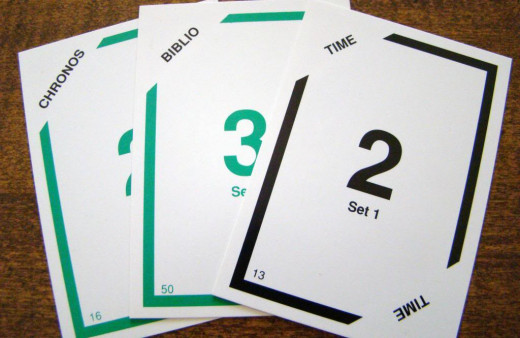
Rummy Roots
Rummy Roots and More Rummy Roots card games are fun ways to learn or review Greek and Latin roots. The cards can be used to play several different games, including versions of Go Fish, and Rummy.
Examples of roots in the Rummy Roots game include: zoon, graph, tele, photos, and chronos.
This is an excellent way to get started learning your Greek and Latin roots!
More Rummy Roots
Examples of roots in the More Rummy Roots game include: helios, specto, struct, and tropos.
Hidden Hints - Context Clues Reading Comprehension Game


Scrabble
Scrabble is an effective way to learn new vocabulary if you take the time to explain any words you use with which your youth may not be familiar. Keep the game light and enjoyable and the learning will take place naturally over time. Make sure to keep a dictionary handy so you can quickly look up words as an aid to explaining what they mean!
Scrabble Flash - an electronic version of Scrabble - This game won the Oppenheim Platinum Award in 2010!
This electronic version of Scrabble includes both solo and competitive games! It comes with 5 plastic tiles and a storage box. When you are playing, the tiles light up with letters. Move the tiles around to make a word. Once you've created a word, the tiles make a beep and light up. There are several different versions to play!
Although you will probably not learn new vocabulary words from playing this game in solo mode, you may in the competitive modes, and even in solo mode it gives you a great way to practice words you've learned before. The more opportunities children have to play with words, the more literate and word savvy they become.
Word Show Vocabulary Game
This game is a take off on the Wheel of Fortune game show! This game, for ages 8 and up, comes with 100 vocabulary words, and also includes letter cards the teacher or parent can use for words of their choosing.
This game would be perfect for a co-op class, or a large family!
Apples to Apples - This game is excellent at building vocabulary!
Apples to Apples is one of our family's favorite games! I think it's an excellent game for building vocabulary.
In Apples to Apples, there are two types of cards. The green cards each have one main adjective written on them, and then several other adjectives which further define that main adjective. The red cards have nouns written on them. To start a round, someone turns up a green adjective card. Each person has several red noun cards in their hand and must pick the one they think best matches the adjective card on the board. The person who turned over the green card is the judge as to who's matched the closest. Of course, they don't know whose card is whose!
If someone isn't familiar with the meaning of one of the adjective or nouns, it's fine to tell them! The meaning of the adjectives on the green cards can be openly discussed each turn. Doing so doesn't take away from the game at all, and maybe the next time that card comes up, or the time after that, they'll remember it! Because the red card you play is supposed to be kept a secret from the judge, a child who's unfamiliar with a card in their hand can ask another player who isn't the judge to take them into another room and explain the word to them.
Hint: You can increase the likelihood of your youth remembering the vocabulary on the cards by playing with a single deck of green cards and a single deck of red cards for a while. (Each box comes with several decks of each.) But don't use only words your child doesn't know, as then the game becomes to much work. Use only a few new words mixed in with a lot of words they know well, then gradually add more new ones as they master the old ones. Remember to keep the game light and fun! Having fun is the primary purpose of games!
Apples To Apples Junior
This game is very similar to the one above, but is aimed at youth 9 and up. (Good readers may be able to play at even a younger age.)
Password - a wonderful word game
In the game of Password, one person reads a word to themselves and must then use one-word clues to get their teammate to guess the word.
More Games That Involve Playing With Words - Games can be a part of a language rich environment!
While not all of these games below teach vocabulary, they do help to create a language rich environment. Players must think carefully about words, what they mean, how to spell them, etc.
If you and your children enjoy games, these are some you may want to consider, in addition perhaps to one or more of the games above that more directly teach or review vocabulary.



© 2012 JanieceTobey









![Mattel Games Apples to Apples Junior the Game of Crazy Comparisons! [Packaging May Vary]](https://m.media-amazon.com/images/I/51hDjfXPHiL._SL160_.jpg)
